In Brief
Situation Report
An informal conference addressing the Cyprus issue commences in Geneva, organized by United Nations Secretary-General António Guterres. His objective is to secure a foundational agreement that would facilitate discussions aimed at resuming official negotiations concerning the divided island.
The intentions of the UN Secretary-General remain uncertain during this informal gathering, as his diplomatic strategy is being kept confidential, which has led to some unease among representatives from Cyprus, Greece, Turkey, and the United Kingdom participating in the discussions.
In the lead-up to the discussions, all five participating parties have largely disclosed their positions; however, this does not necessarily reflect their ultimate stance.
Despite the positive development, challenges remain. The talks are structured around several key issues, including territorial adjustments, property rights, and security guarantees; matters that are deemed as core concerns and have historically hindered progress toward reunification.
Cyprus President Christodoulides is prepared to engage in substantive discussions related to the Cyprus problem, with a unified stance among Cyprus' political leadership, emphasizing the importance of maintaining the agreed "Guterres" framework for negotiations.
The Turkish Cypriot side has expressed concerns about the pace of negotiations and the need for concrete steps toward a settlement.
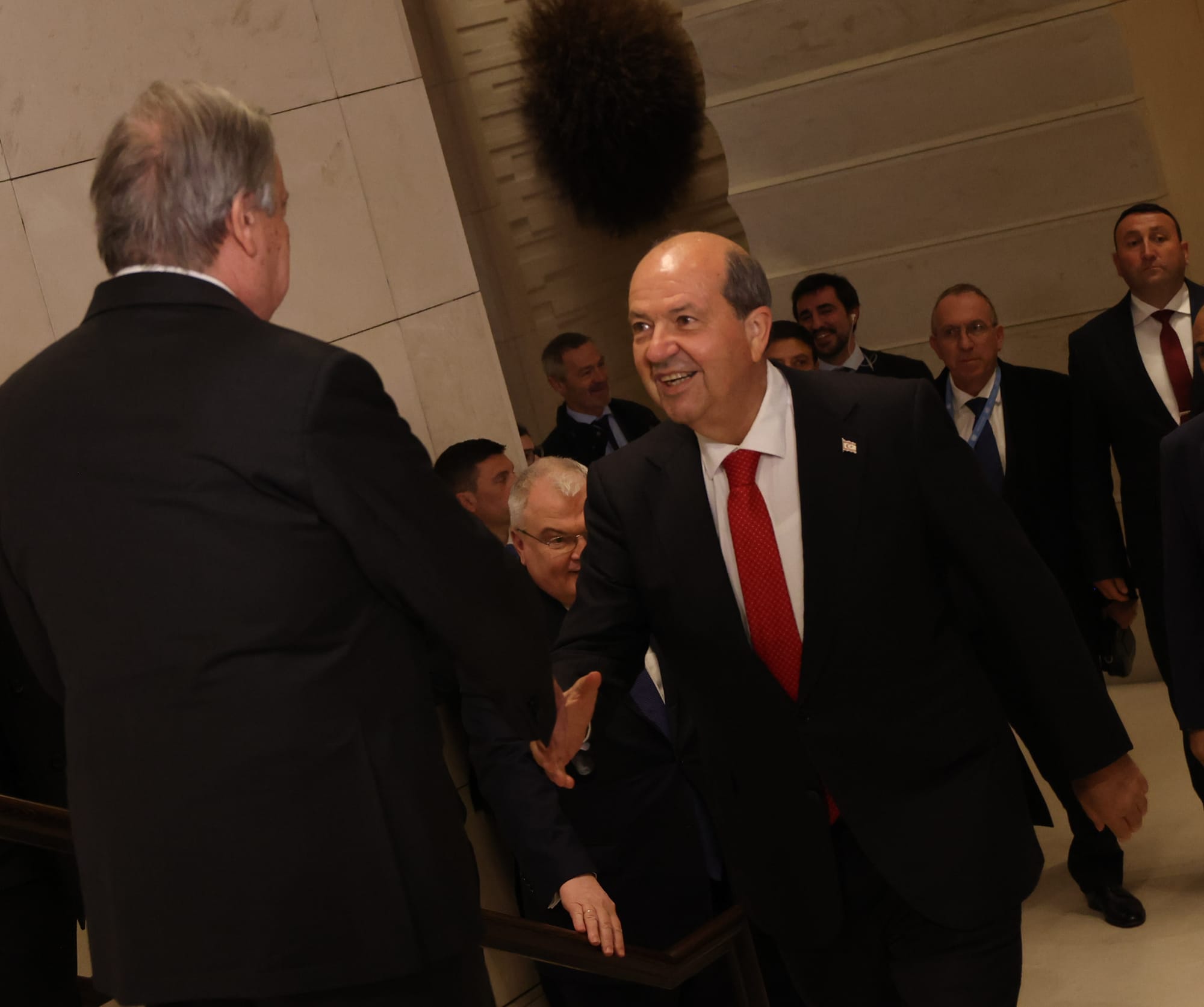
European Union Involvement
European Commission representative Giulia Bertezzolo, head of the Commission’s Cyprus Settlement Unit, has arrived in Geneva and is scheduled to meet with Cyprus Deputy Minister for European Affairs Marilena Raouna.
European Council President António Costa stated support before the dinner, emphasising: "We reiterate our firm commitment to the reunification of Cyprus through a comprehensive settlement based on a bicommunal and bizonal federation, in accordance with relevant UN Security Council resolutions".
Costa added that the EU "is ready to play its role and intensify efforts to support this process"
Why it matters?
The positioning and strategy of the UN Secretary-General are of particular significance, as his actions will greatly impact the potential outcomes of the informal conference in Geneva.
Achieving a foundational agreement based on a clear roadmap would convey a positive message regarding efforts for peace in Cyprus and would obligate all parties to engage in subsequent steps of the process.
Given the limited information available, it is difficult to predict the United Nations' diplomatic approach, leading to uncertainty and concern among stakeholders.
The primary worry centres on the possibility of the Secretary-General experimenting with the negotiation framework, which could disrupt previously established agreements among the parties.


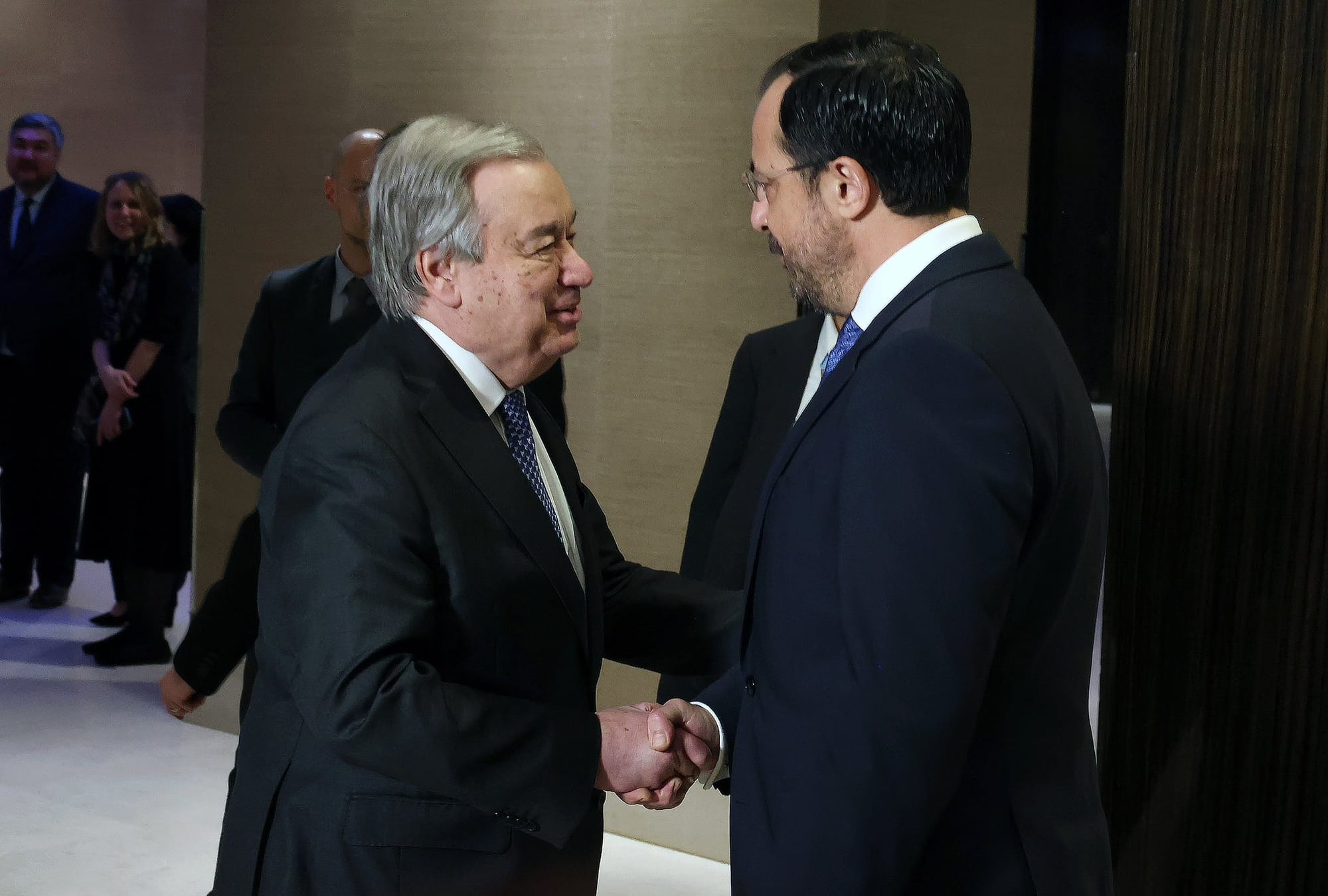

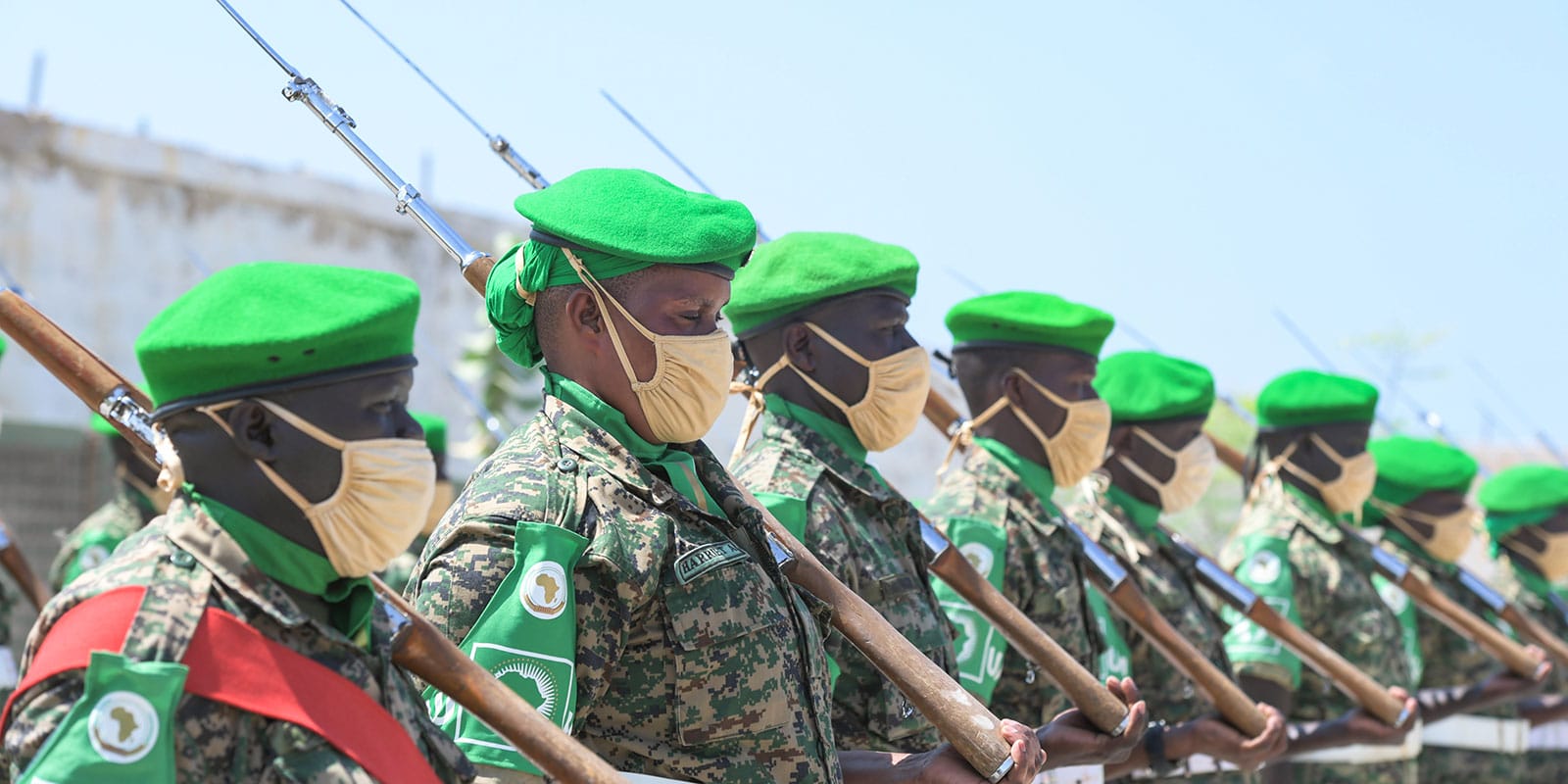


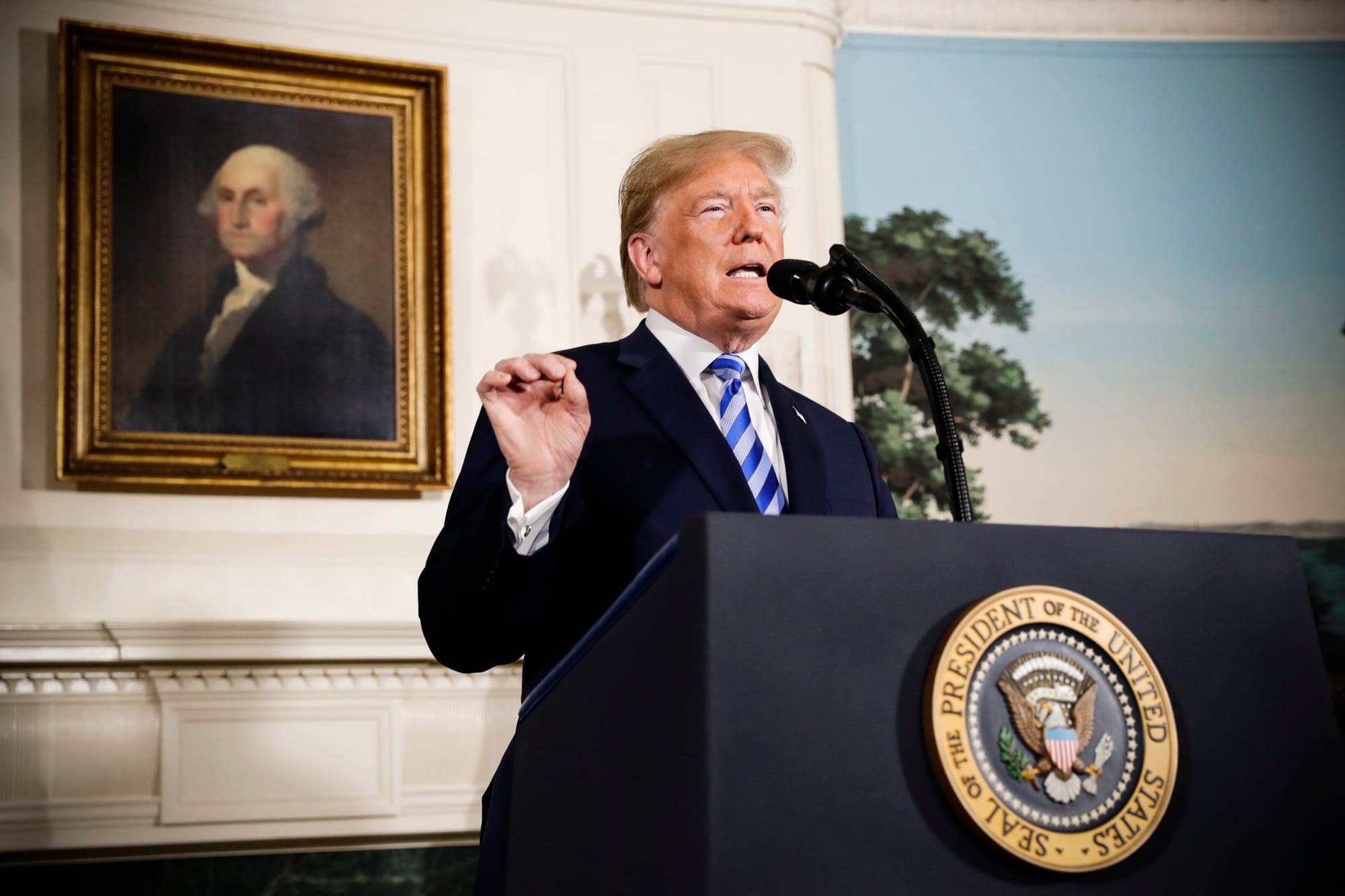
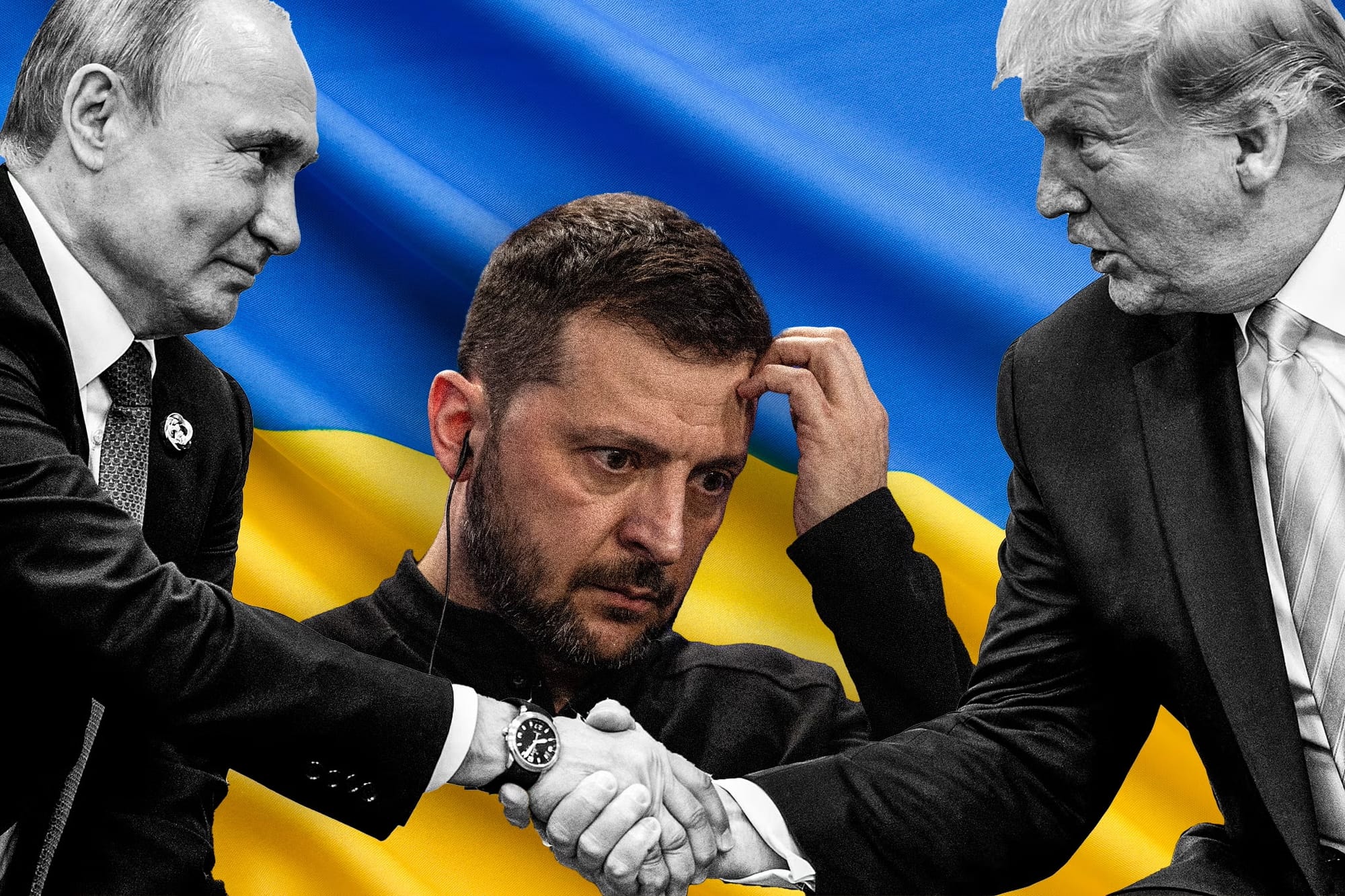

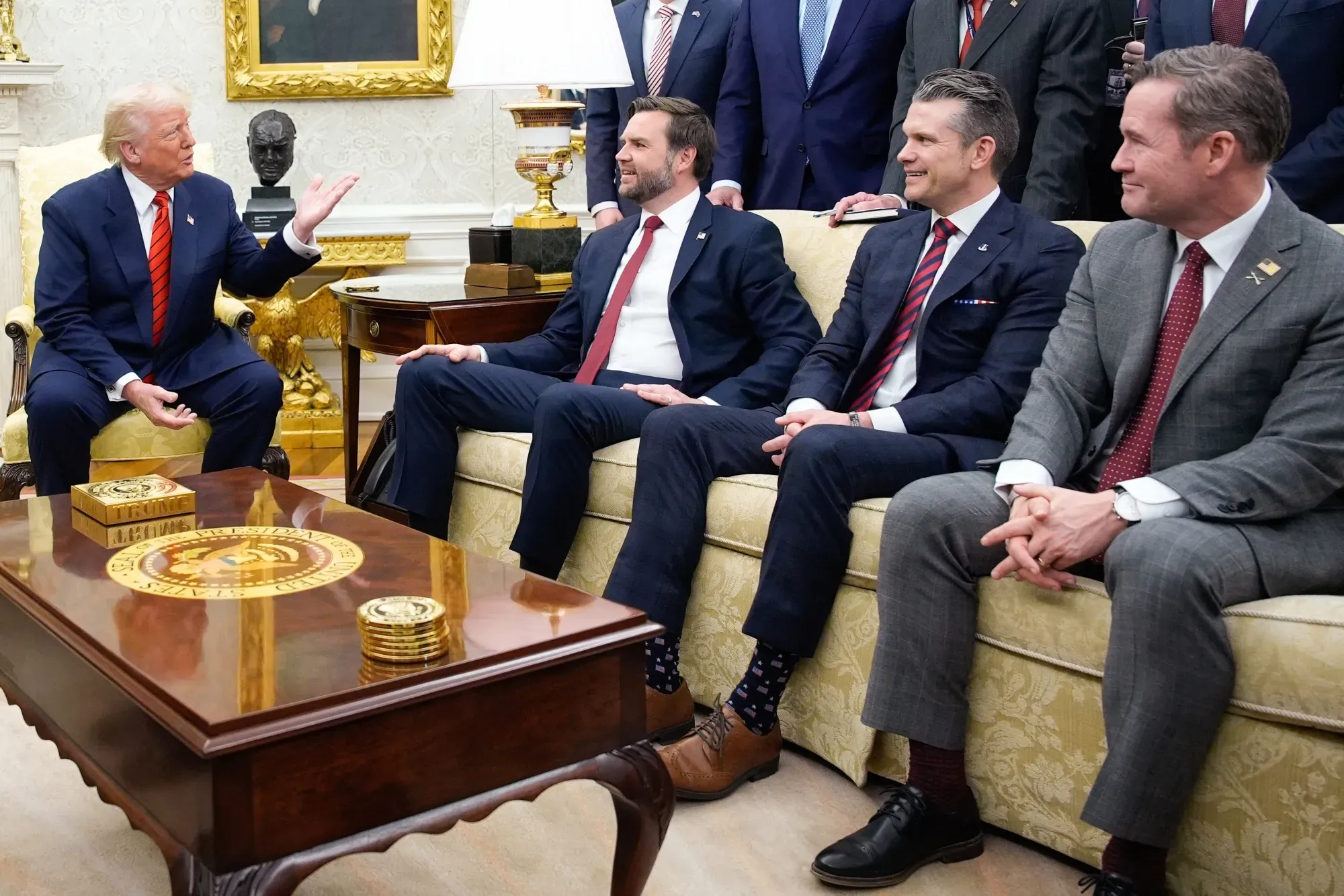
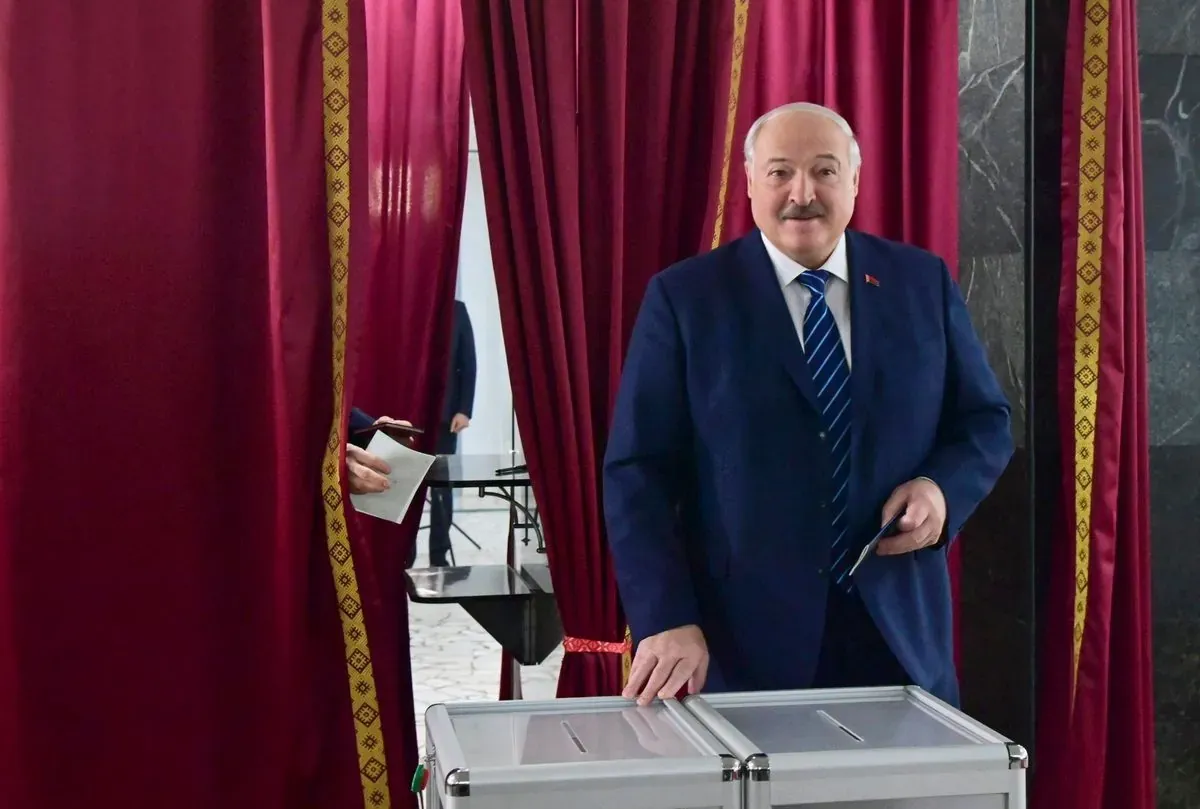

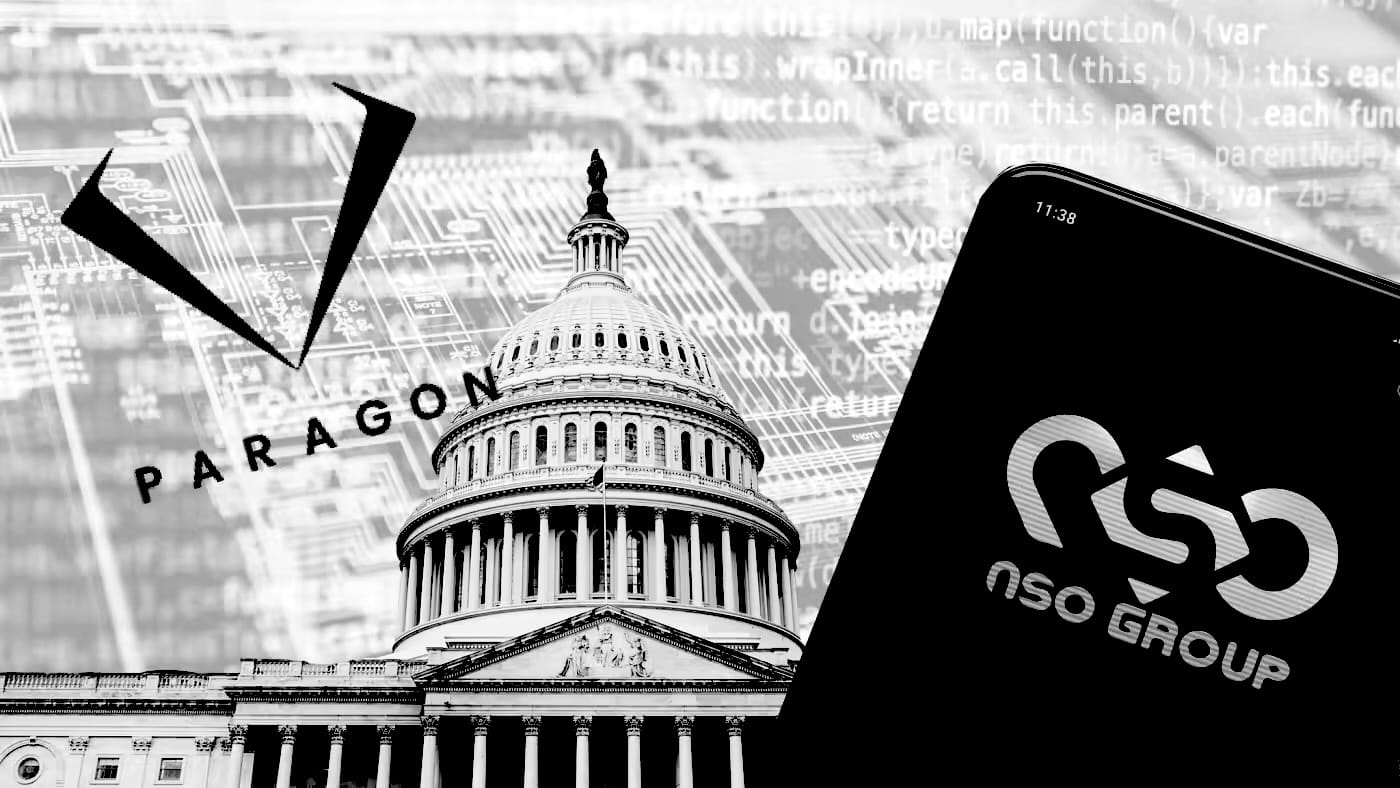
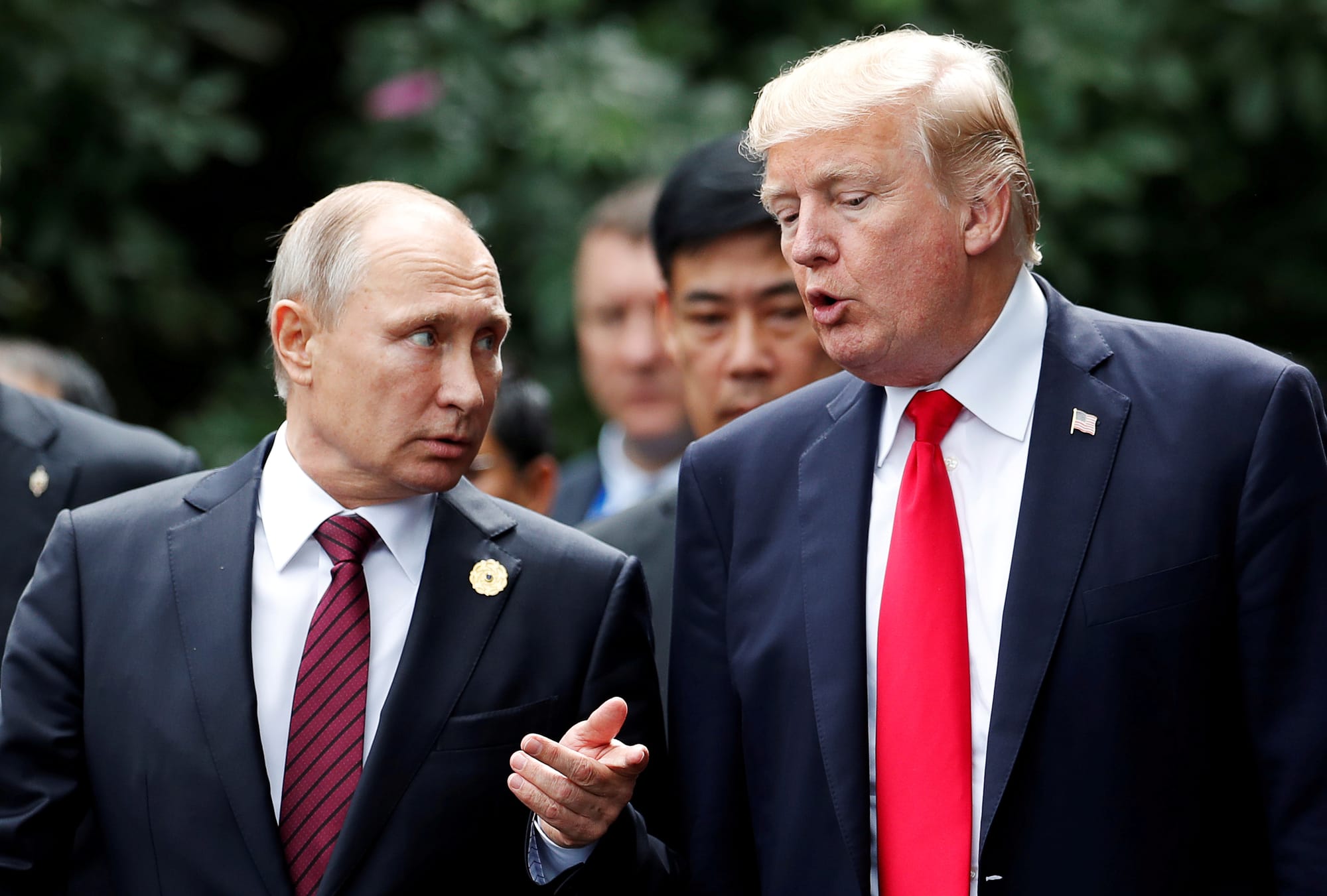
Discussion